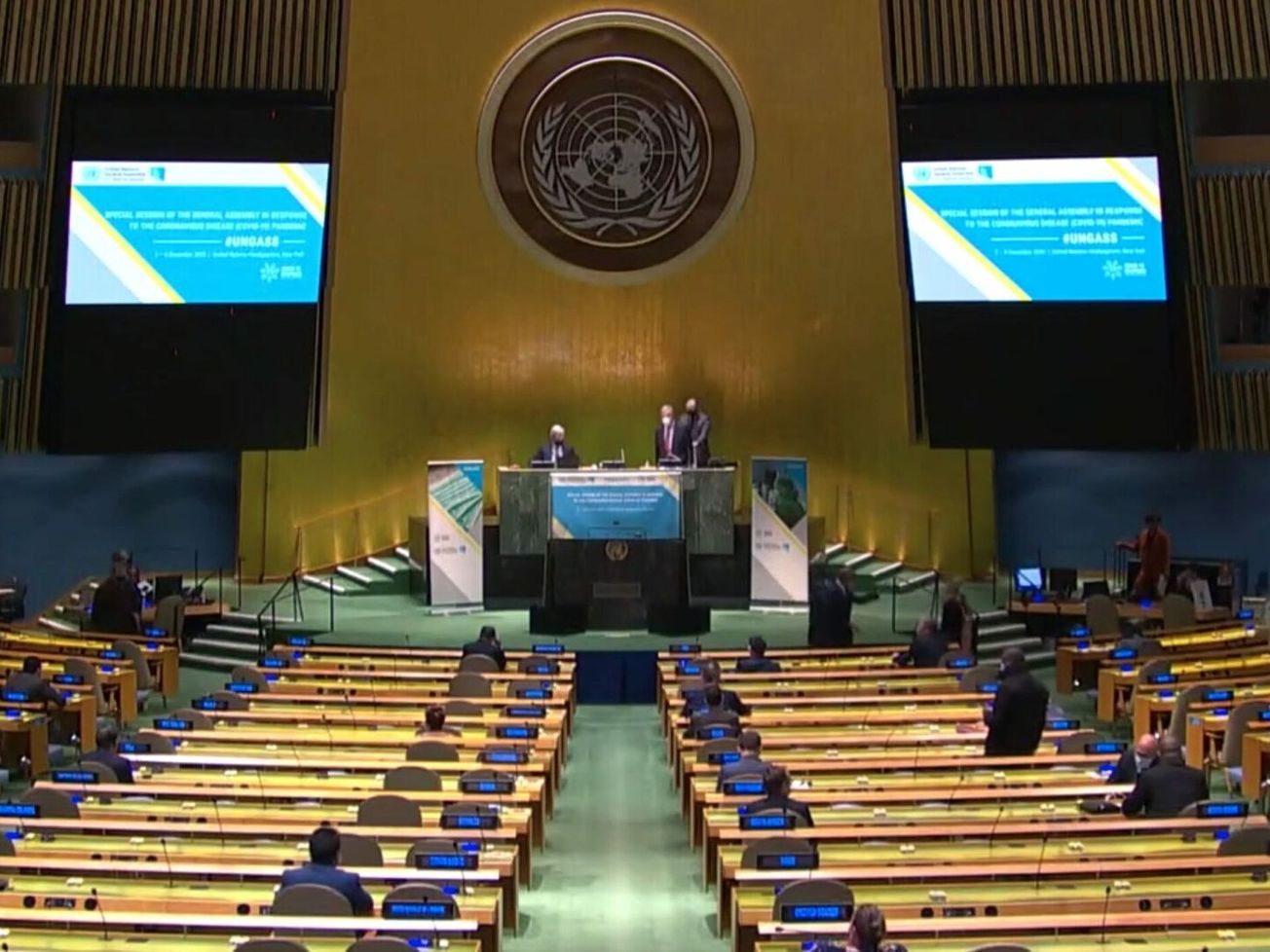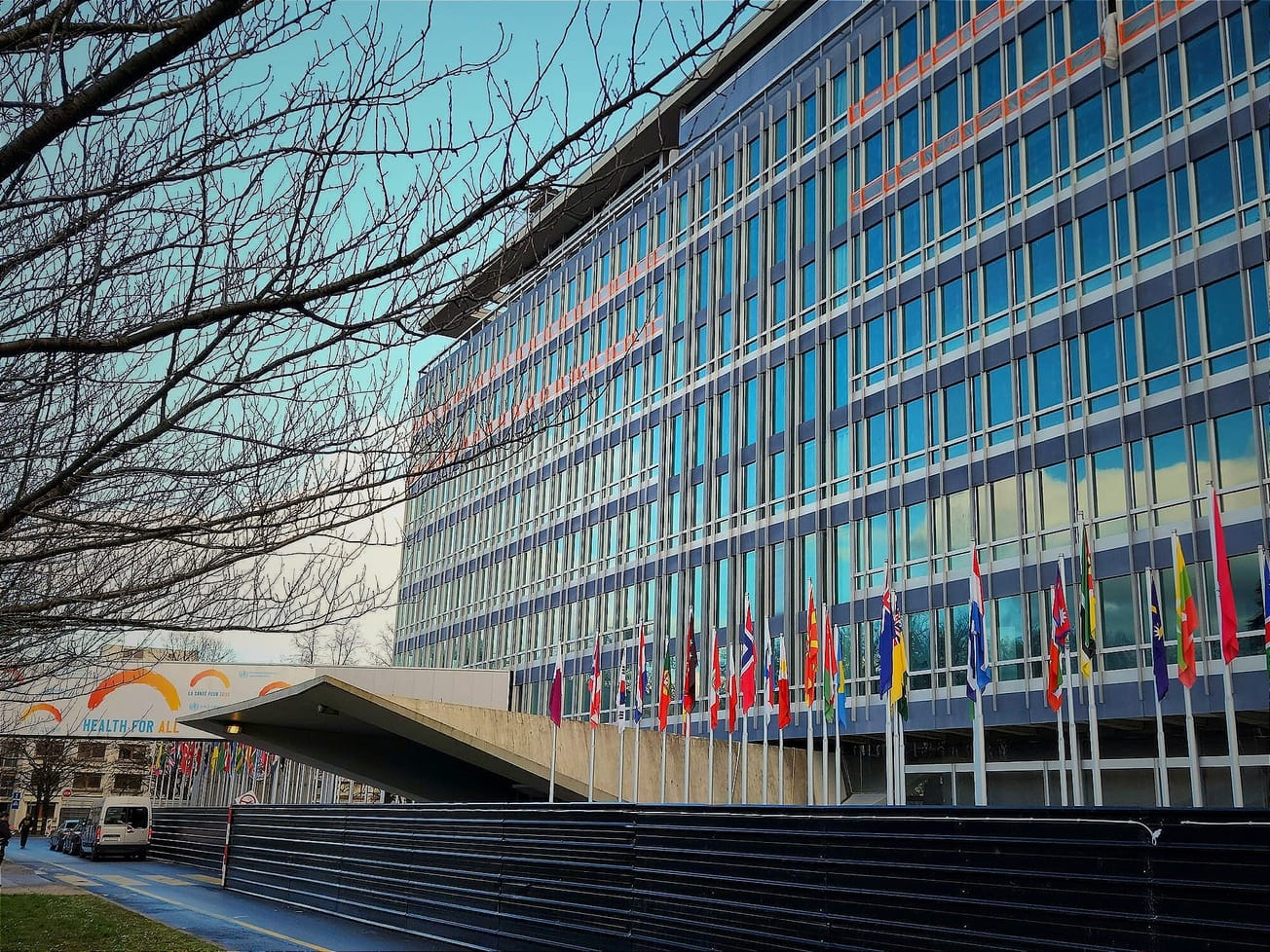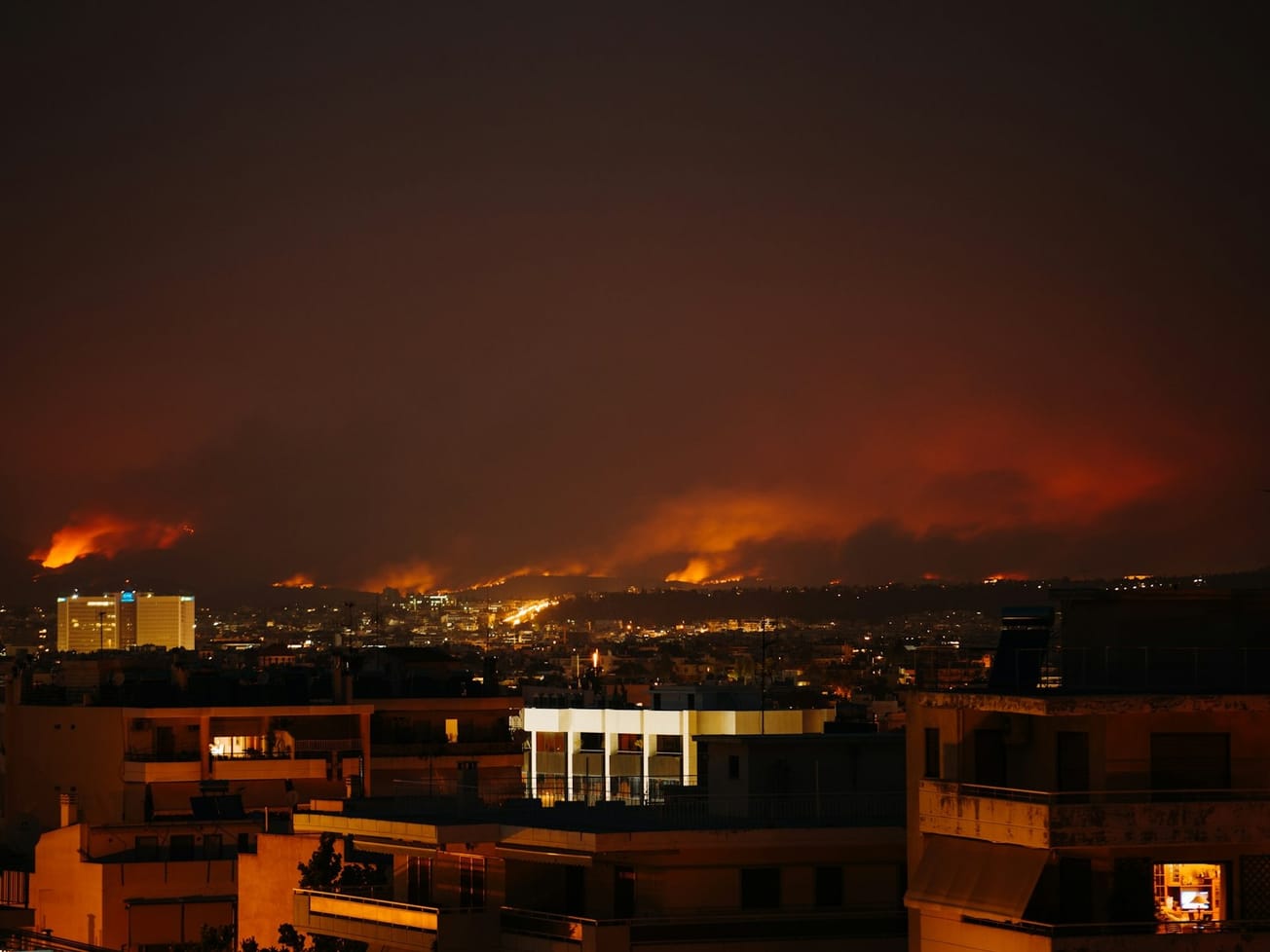UNITED NATIONS (AN) — After its first high-level session on the pandemic, the U.N. General Assembly created a new "international day" to prevent global health crises like COVID-19 that has killed 1.5 million people worldwide.
The United Nations' resolution, adopted by consensus on Monday, establishes December 27 as the "International Day of Epidemic Preparedness" each year. It was added to the list of international days that promote U.N. efforts by educating the public or mobilizing political will and resources.
In the resolution, the 193-nation world body agreed the day was needed because of world leaders' “grave concern at the devastating impacts of major infectious diseases and epidemics, as exemplified by the ongoing coronavirus disease (COVID-19) pandemic, on human lives.”
The World Health Organization, as the U.N.'s health agency, was put in charge of overseeing how the day should be observed. The assembly said that "future epidemics could surpass previous outbreaks in terms of intensity and gravity," and because of that possibility the world should make every effort to share information, scientific knowledge and best practices on how people can prevent and respond to pandemics.
Its resolution also said that outbreaks and epidemics harm long-term social and economic development by threatening to "overwhelm already overstretched health systems, disrupt global supply chains and cause disproportionate devastation of the livelihoods of people."
The assembly's two-day session on Thursday and Friday ended without a resolution. But its president, Turkish diplomat Volkan Bozkir, delivered a gentle reminder that nations must restore global health by taking a "vaccines for all" approach. He told world leaders in brief remarks at the end of the session that this egalitarian approach remains "our only vehicle to uphold our pledge: to leave no one behind."
Some of the world's richest nations, however, have ensured places at the front of the line through vaccine contracts with leading drugmakers.
'Light at the end of the tunnel'
The assembly approved holding the COVID-19 special session in October based on a proposal by Bozkir. Some 150 nations voted in favor of the special session, but Armenia, Israel and the United States abstained and the other member nations declined to vote. The special session drew speeches from dozens of heads of state, government leaders and ministers, mainly through pre-recorded video statements.
On Friday, World Health Organization Director-General Tedros Adhanom Ghebreyesus mirrored Bozkir's message, telling diplomats the world can start imagining what it will be like to defeat the pandemic due to promising results from COVID-19 vaccine trials by several drugmakers.
"With positive results in recent weeks from vaccine trials, the light at the end of the tunnel is growing steadily brighter," he said in a speech. "Although the path ahead remains treacherous, we can begin to glimpse the end of the pandemic."
The pandemic has shown humanity at its best and worst, he said, through acts of compassion and self-sacrifice but also signs of self-interest and blame-shifting.
"We simply cannot accept a world in which the poor and marginalized are trampled by the rich and powerful in the stampede for vaccines," he said. "This is a global crisis, and the solutions must be shared equitably as global public goods, not as private commodities that widen inequalities and become yet another reason some people are left behind. No one should be left behind."
He said the Access to Covid-19 Tools (ACT) Accelerator, a global effort coordinated by the World Health Organization and European Commission, needs US$4.3 billion immediately to procure and deliver vaccines and US$23.9 billion more to keep going next year but that comes to "less than half of 1% of the US$11 trillion of stimulus packages" announced by the Group of 20 major economies.
Tedros said he supports the idea of an international treaty, as proposed by European Council President Charles Michel of Belgium, that would strengthen WHO's ability to monitor for the risk of emerging infectious diseases in animals that could be transmitted to people.
"The pandemic has also shown that there is an urgent need for a globally agreed system for sharing pathogen materials and clinical samples, to facilitate the rapid development of medical countermeasures as global public goods," said Tedros.
"Switzerland has generously offered the use of a high-security laboratory at which WHO would manage a new 'biobank,' and we are now developing the framework under which samples would be provided and shared," he added. "And I would like to use this opportunity to thank Thailand and Italy for being the first two volunteers to deposit samples in the bank."








